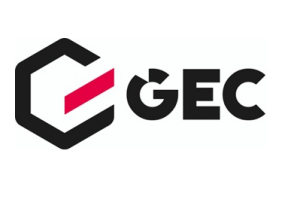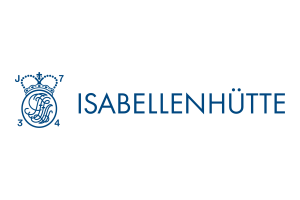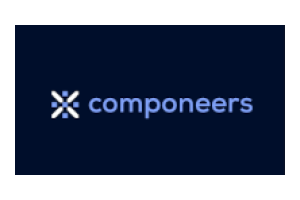Jean-Marc Chery of STMicroelectronics
Industrial Electronics to Be Expanded
Fortsetzung des Artikels von Teil 1
Bad figures in the microcontroller segment...
The STM32 family is a success story for ST. The quarterly figures for the third quarter are quite positive, only in the microcontroller segment the figures are below average. Why?
I had already predicted this development. In the summer, two problems already became apparent in China, which became even more acute in autumn. On the one hand, the entire Chinese growth slowed down and the well-known turbulences with the USA were added. On the other hand, the Chinese government devalued the renminbi, which led to a difficult situation for the manufacturers who buy the components in dollars and sell their systems in renminbi. Together, these two factors have led to very cautious purchasing behavior and destocking.
In addition, we are able to maintain very short delivery times for our MCUs. Seven factories are now qualified to produce MCUs. If you can offer very short delivery times and the demand is rather restrained, this leads to the fact that also the distributors reduce their stocks. This inventory adjustment was already evident in the summer and accelerated in September, so I alerted the market at the beginning of August. In October, other semiconductor companies predicted something similar, i.e., a soft landing in China.
We recently had a major sales event with our distributors in China. There it was once again confirmed that the business is leveling off and that there will continue to be corrections in inventories. But it also means that this trend is only valid for a limited time, with disagreement over when the Chinese market will turn around.
You have proposed a new executive committee. Why?
Until recently, ST had an Italian CEO, a French COO, and a strong CFO with extended functionality, as well as various executives. At that time, the decision-making power was concentrated on a few people. This constellation was necessary because we had to create a turnaround, i.e., fast and short decision paths were of great importance.
I myself was part of this management, but I also know that this should not always be the case. Because as soon as a company is out of difficulties and wants to grow quickly, it is important that part of the responsibility is returned to the company. And to achieve this, I have proposed this executive committee, which, in addition to the previous people, also includes those responsible for the various business groups, global sales, and marketing and the head of technology, manufacturing & quality.
You stated at the SEMI conference that it is shameful that the European electronics industry is no longer playing a decisive role in so many areas, be it PCs, smartphones, or consumer electronics. What do you think are the main reasons for this development?
As a semiconductor manufacturer, I can only say that we have completely failed in the purely digital area. I was the CTO of ST. We were the last semiconductor company in Europe to develop advanced CMOS technologies and I was the one who decided to stop here. That was a very difficult decision for me, but we have no customers for these small process technologies in Europe, so we lacked the necessary ecosystem.
Europe still has a leading position in the automotive and industrial sectors, so there is a good ecosystem that we have to use, strengthen, and also protect.
- Industrial Electronics to Be Expanded
- Bad figures in the microcontroller segment...
- Leadership missed in E-Mobility...
- Optical sensors create a large wave at MEMS





